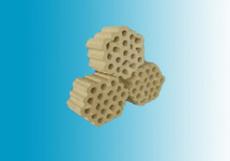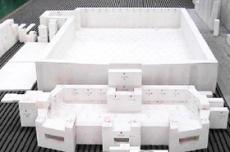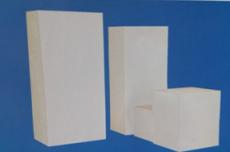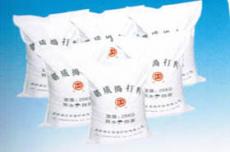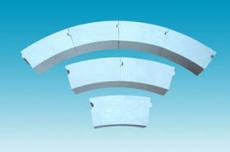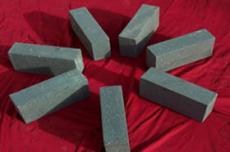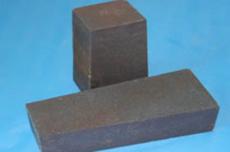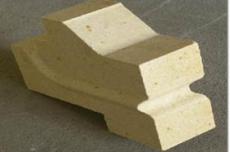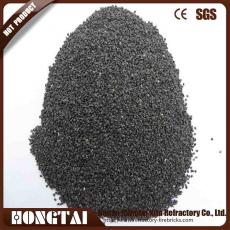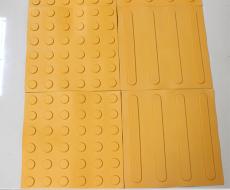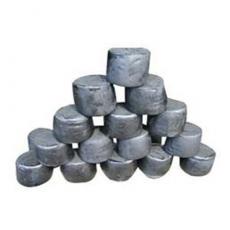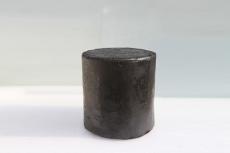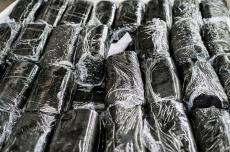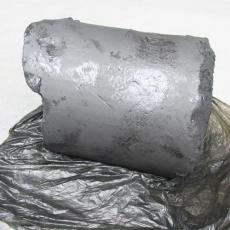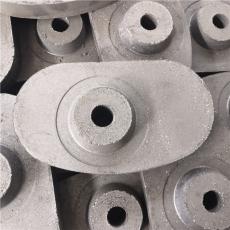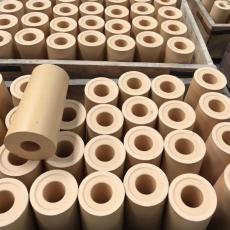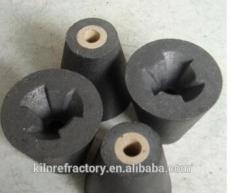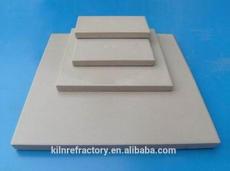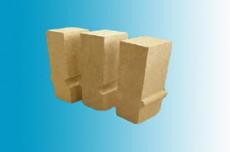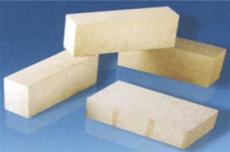
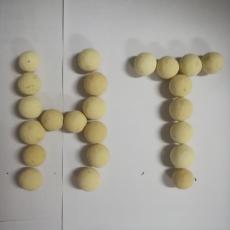
Ceramic refractory balls are made from industrial alumina and other raw refractory materials, and processed by mixing, shaping and firing .It has properties of.Refractory ceramic balls can be used as support and covering packings for catalyst in shift converter, reformer, hydro converter, desulfurizer, and methanator, and can also be used as packings in hot blast heater and heat transformer in iron and steel industries.
Features and Advantages of ceramic refractory ball:
Heat-storage ceramic ball is featured with high strength, wear resistance, large thermal conductivity ,heat capacity, good heat storage and heat stability etc. It can pre-heat both coal gas and air to rapidly increase the combustion temperature to meet the billet heating requirement in steel rolling equipment. Furthermore, it is not easy to crack when the temperature changes sharply.
Physical & Chemical Index of ceramic refractory ball:
|
Index |
Unit |
Data |
|
Al2O3 |
% |
≥ 65 |
|
Fe2O3 |
% |
≤ 1.6 |
|
Pore Volume |
% |
≤ 24 |
|
Compressive strength |
kg/cm2 |
≥ 900 |
|
Refractoriness |
ºC |
≥1800 |
|
Bulk Density |
Kg/m3 |
≥2.3 |
|
Apparent Porosity |
% |
≥18 |
|
Refractoriness oC under load |
ºC |
≥1500 |
|
LOI |
% |
≤ 0.1 |
| Diameter,Φ | 6 | 8 | 10 | 13 | 16 | 20 | 25 | 30 | 38 | 50 | 60 | 75 |
| Tolerance,mm | ±1.0 | ±1.5 | ±2.0 | ±3.0 | ||||||||
| Diameter of hole,mm | 2-3 | 3-5 | 5-8 | 8-10 | ||||||||
Application of ceramic refractory ball:
(1)Used in high speed stirred grinding mills;
(2)Ball mills as abrasive media for ceramic raw materials;
(3)Glaze materials in ceramic factories, cement factories, enamel factories;
(4)Used in glass work, owing to the excellence of high density, high hardness,and high wear rate. During the abrasive/grinding processing, ceramic balls will not break up, they will not pollute the grinding material as well;
(5)The mix and crush procedure of ceramics, glass, glaze and frits, chemical and plastic industries.
